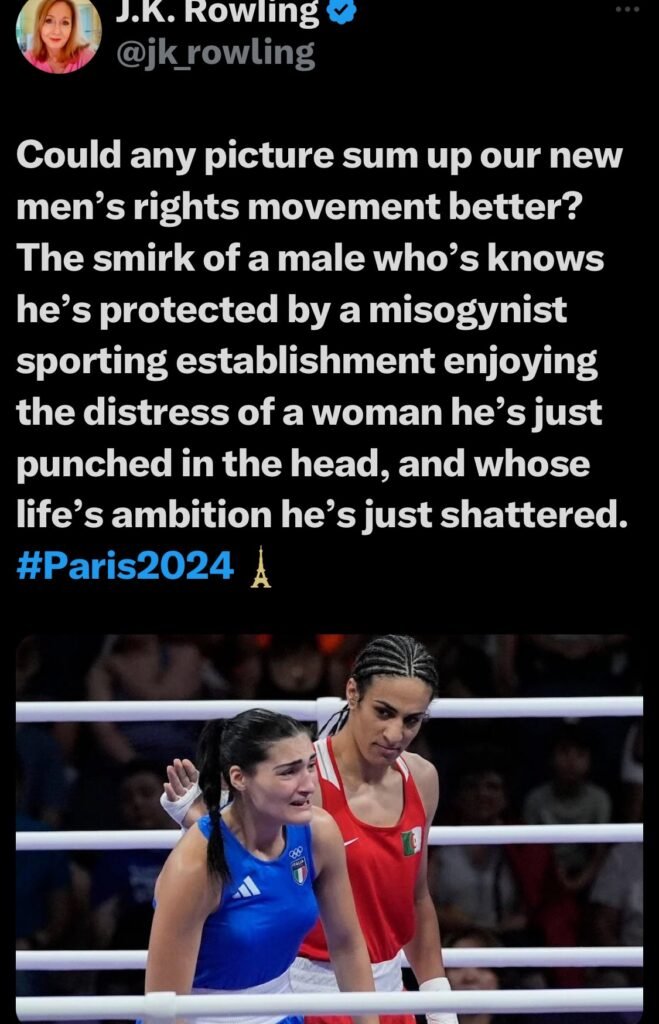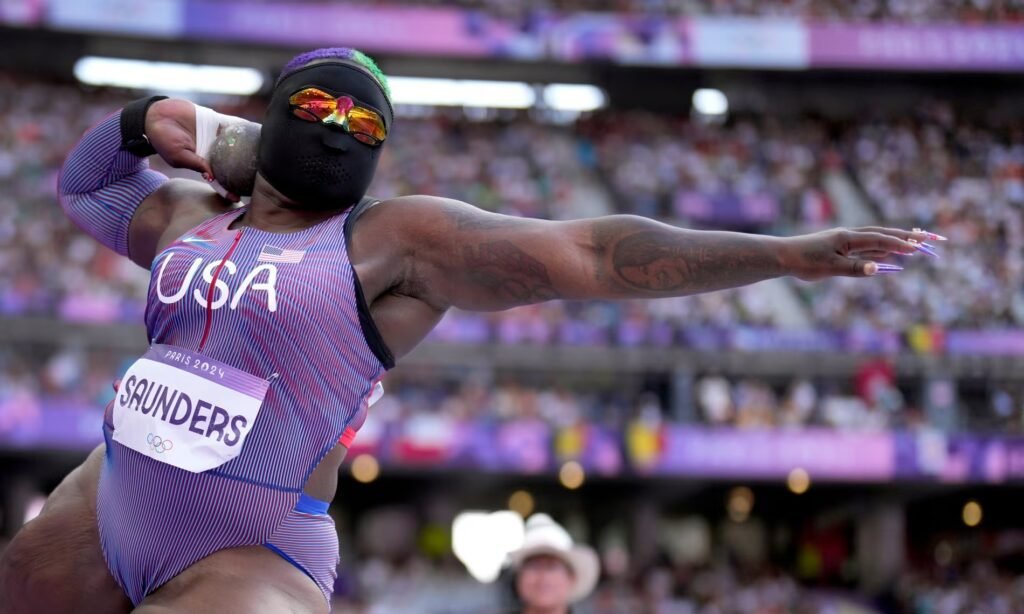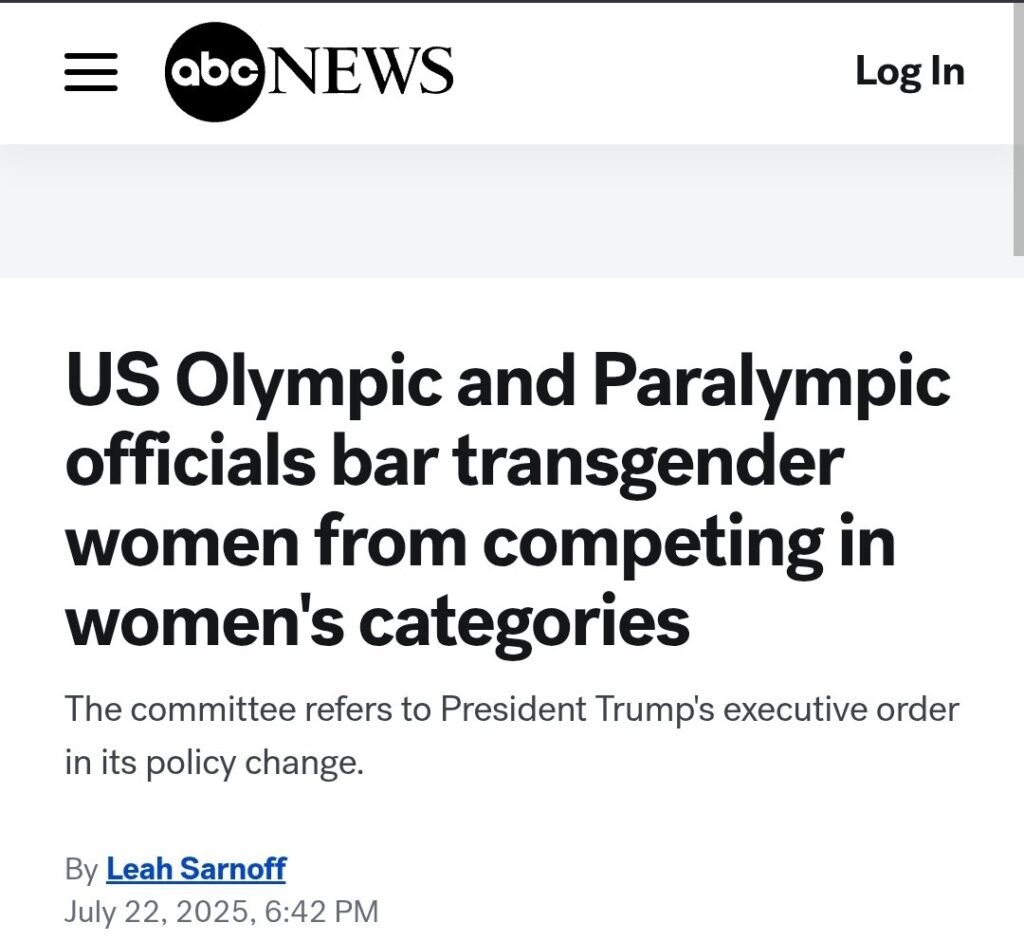There’s growing talk that the International Olympic Committee may soon change its rules for transgender women competing in female events possibly implementing a blanket ban. The discussions have accelerated under IOC president Kirsty Coventry, who has signaled that fairness for female athletes is a top priority. (Los Angeles Times)
What’s interesting is how fast this has moved. Until now, transgender eligibility was largely left to each sport’s federation, with rules about hormone levels and transition timelines. But that patchwork approach may be replaced by a single unified policy. That proposed change comes after a scientific review that reportedly found physical advantages remain for those born male, even when testosterone levels are controlled. (Anadolu Ajansı)
This shift is expected to affect the upcoming 2028 Olympic Games in Los Angeles. While no final decision has been made yet, sources suggest the IOC may introduce the ban or new eligibility rules sometime before LA 2028. (The Times of India)
Why This Is Causing Debate
When you hear “blanket ban” it immediately raises questions about fairness, inclusion, and science. Supporters of a uniform rule argue that it protects the “female category” in sport. They say that if someone has gone through male puberty, certain physical advantages (bone density, lung size, muscle mass distribution) might remain, which could affect fairness even if hormone levels are reduced. (The Guardian)
On the other hand, critics say it’s a slippery slope: sport is already tightly regulated, and many athletes with a transgender identity or with differences of sexual development (DSD) have competed under established rules. A blanket ban risks excluding people who have followed the rules but may still fall under new criteria. (The Guardian)
Some international federations have already moved stricter in their own domains. Others are watching carefully. A key issue is legality such policy shifts could face legal challenges, especially in countries with strong protections for transgender rights. (Ministry of Sport)

What’s Actually Decided And What’s Still Up In The Air
It’s important to be clear: as of now, no universal ban has officially taken effect. Reports say the IOC is still “weighing universal rules.” (Reuters)
In June 2025, for example, IOC president Kirsty Coventry established a working group called Protection of the Female Category to review eligibility rules more centrally rather than letting each sport handle its own version. (sportresolutions.com)
She’s said that IOC will try to base future policy on science not politics, not social media trends and wants to ensure that rules are fair and consistent across sports. (Los Angeles Times)
But at the same time, IOC officials have said the working group’s discussions are ongoing, and nothing is yet final. (ESPN.com)
That “not final yet” part matters. Before a global body like the IOC changes eligibility rules, there are legal reviews, consultation with federations (like athletics, swimming, boxing, etc.), and sometimes backlash from politicians or athletes.
What Could Change And Who Might Be Affected
If the IOC does move forward with a ban or very strict limits it could affect athletes who have transitioned, as well as those with DSD (differences of sexual development), depending on how the rule is written.
Some sports federations already have their own restrictions. The change would standardize things. That means someone who passed eligibility under an older version might no longer qualify under the new rule. Or sports might be forced to adjust their selection policies or training structures. (Ministry of Sport)
It may also spur legal or political pushback. In countries where anti discrimination laws include gender identity, athletes or advocacy groups may challenge blanket bans on equal protection grounds. Sometimes Olympic charter rules and human rights frameworks collide.
Because of that, the IOC is reportedly trying to ensure that any new rule is “legally watertight” before adoption. (Anadolu Ajansı)

What This Means Emotionally For Athletes, Fans & Sport
For many, sports is more than competition; it’s identity, hope, dreams. For athletes who are transgender, rules like this don’t just change their eligibility they touch on deeply personal lives.
Imagine training for years, following rules, competing internationally, and then facing a shift that might exclude you. It’s more than loss of medal chance it’s a shift in how you’re seen, how you’re included.
For fans, it opens conversations about what “fairness” really means. Some might agree that fairness demands strict sex based categories. Others believe inclusion should be paramount, even if regulations get complex.
It may also change how younger athletes feel about their futures. Will young trans athletes imagine themselves in the Olympic arena? Will they feel represented? Will they feel they belong? Or will policy push them away?
At its heart, this debate isn’t just about sport. It’s about community, identity, and how societies balance progress with tradition.
The Road Ahead
Right now, everyone is watching. Athletes, federations, human-rights groups, governments, fans they’re waiting. The policy could drop early next year, or it could be delayed if legal or logistical issues arise.
If it does happen, LA 2028 may look different from past Games. Qualification rules, athlete representation, and even public reaction could shift. But whether it gets passed or not, the debate itself reflects broader tensions in sports, culture, and fairness.
What’s clear is this: inclusion, science, fairness and identity are colliding in the Olympics in a very public, very real way. And no matter what happens, the ripple effects will be felt far beyond the track, pool, or boxing ring.
